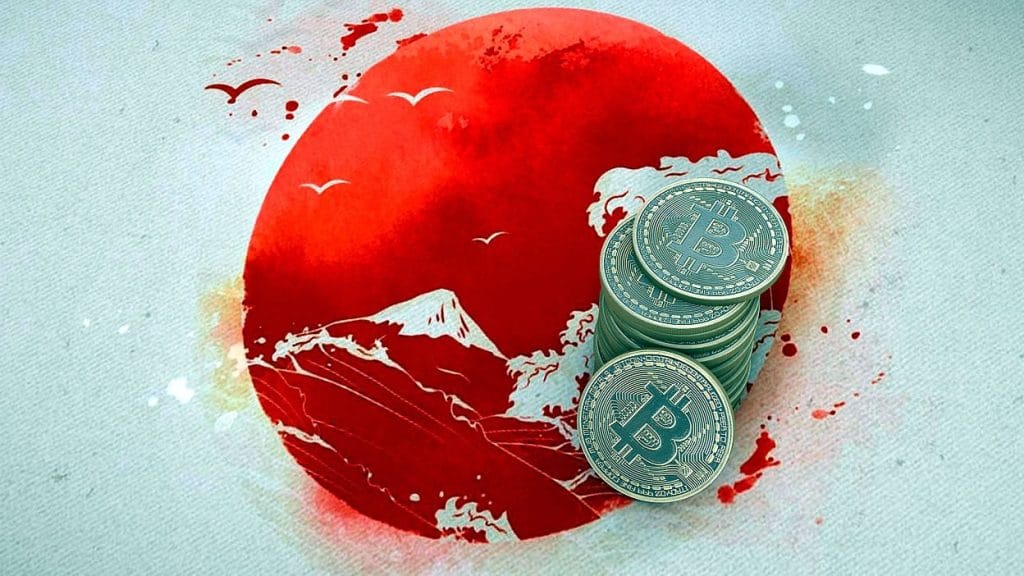Japan Set to Recognize Crypto Assets as Financial Products in Major Legal Shift

In a significant step toward integrating digital currencies into its financial framework, Japan is preparing to grant crypto assets legal status as financial products.
According to a report from the Nikkei business daily published on Sunday, the country’s Financial Services Agency (FSA) is planning to amend the Financial Instruments and Exchange Act to formalize this change. The move signals Japan’s intent to adapt its regulatory environment to the growing influence of cryptocurrencies while ensuring investor protections remain intact. Although the Nikkei did not specify its sources, the development highlights Japan’s proactive approach to balancing innovation with oversight in the rapidly evolving world of digital finance.
The proposed amendment would bring crypto assets under the same umbrella as traditional financial instruments, a shift that carries important implications for how these assets are traded and regulated. One key aspect of the change involves subjecting cryptocurrencies to insider trading restrictions. This would prevent individuals from buying or selling based on undisclosed internal information, aligning digital assets with the rules that govern stocks and other securities.
By establishing this framework, Japan aims to create a more transparent and secure market for crypto investors, addressing concerns that have lingered as the sector expands globally. The FSA’s plan reflects a broader recognition that cryptocurrencies are no longer a niche experiment but a fixture in modern finance that requires clear guidelines.
Stay In The Loop and Never Miss Important Crypto News
Sign up and be the first to know when we publishTimeline and Legislative Process
Looking ahead, the FSA is gearing up to submit a bill to Japan’s parliament as early as 2026 to enact these changes. The timeline suggests a deliberate approach, allowing regulators to refine the proposal and consult with stakeholders before it becomes law. Amending the Financial Instruments and Exchange Act is no small task, as it serves as a cornerstone of Japan’s financial regulatory system.
The process will likely involve extensive debate among lawmakers, industry experts, and the public, ensuring the final legislation strikes a balance between fostering innovation and mitigating risks. Japan has a history of being forward-thinking in its crypto policies, having already established licensing requirements for exchanges after high-profile incidents like the 2014 Mt. Gox hack. This latest move builds on that foundation, positioning the country as a leader in shaping the future of digital assets.
For investors and businesses in Japan’s crypto ecosystem, the legal recognition of crypto assets as financial products could unlock new opportunities. It may encourage greater participation from institutional players who have hesitated due to regulatory uncertainty, while also boosting confidence among retail investors. At the same time, the insider trading rules signal that the FSA is serious about cracking down on misconduct, which could deter speculative excesses that have plagued the crypto market elsewhere.

